On the heels of a Caribbean Court of Justice (CCJ) ruling that the Director of Public Prosecutions (DPP) cannot personally direct the judiciary, the Guyana Government will be moving to eliminate that power from the Constitutional office holder.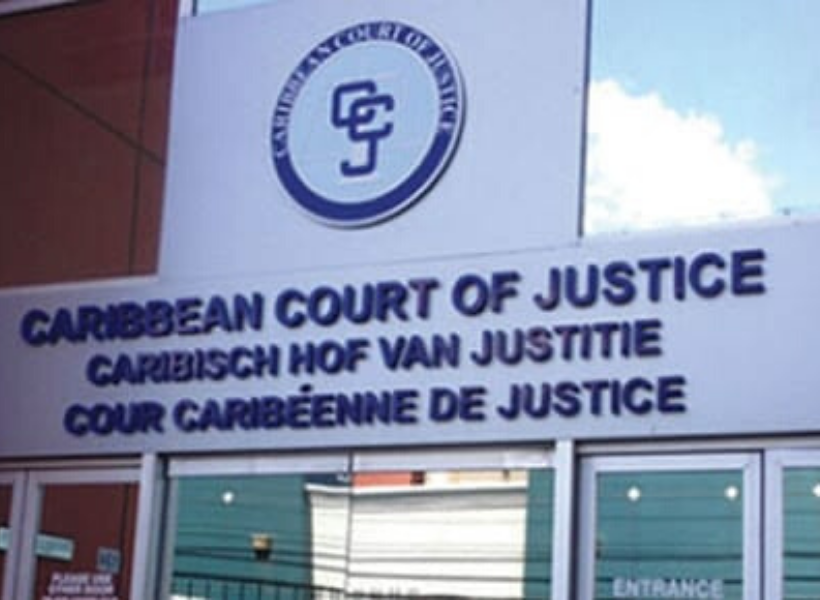
Making this disclosure earlier this week was the Legal Affairs Minister and Attorney General, Anil Nandlall, who hailed the ruling as a “progressive” one. He added that because it was the CCJ – the apex court – that made the ruling, Guyana must move to the Parliament to amend the law.
It was overseas-based Guyanese, Marcus Bisram, who challenged the DPP, Bibi Shalimar-Hack’s power which she invoked under Section 72 of the Criminal Law (Procedure) Act.
Prior to the DPP’s intervention, Bisram was discharged by the magistrate who heard the evidence at the Preliminary Inquiry (PI) into his murder charge. The only evidence presented at the PI was from a witness who, under cross-examination, changed his testimony by saying that he had not seen or heard the specific things linking Bisram to the alleged murder. 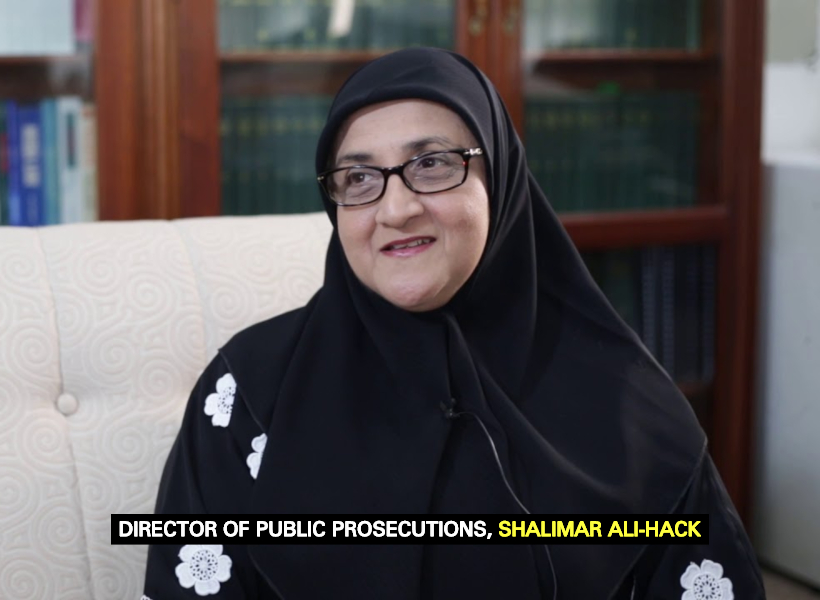
The DPP thereupon directed the magistrate to reopen the PI and later to commit Bisram for trial, which the magistrate did. Bisram contended that these directives by the DPP were unlawful and that section 72 of the Criminal Law (Procedure) Act, an “existing law” that empowers the DPP to so direct, is incompatible with the Constitution. He sought orders from the CCJ in relation to these claims.
The CCJ ruled, inter alia, that section 72 was unconstitutional. The CCJ held that Article 122A does apply to all courts including magistrates’ courts because all courts must be free from any form of direction or control.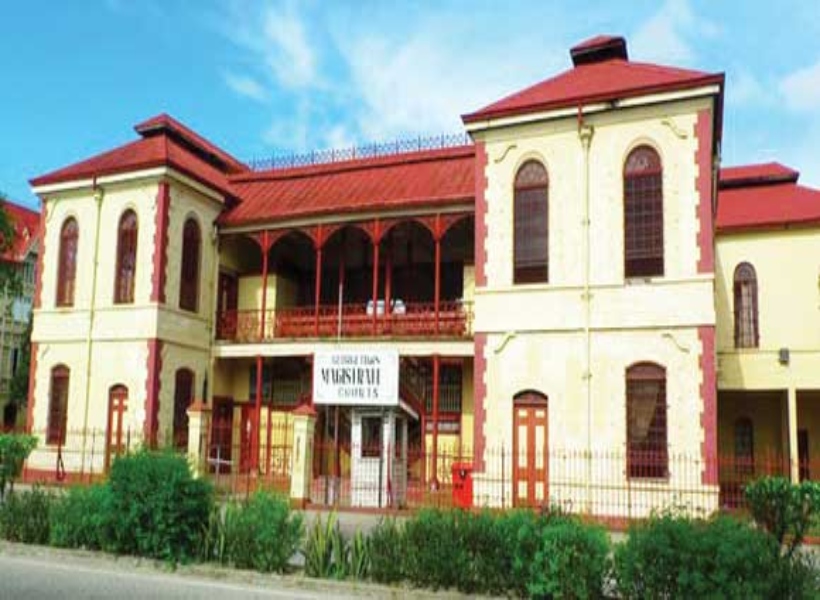
The Court ordered that Bisram be released, but it noted that he may be re-arrested and charged again if fresh evidence was obtained linking him to the alleged 2016 murder of Berbice carpenter, Faiyaz Narindatt, whom Bisram was accused of having killed after the man reportedly struck down his alleged sexual advances.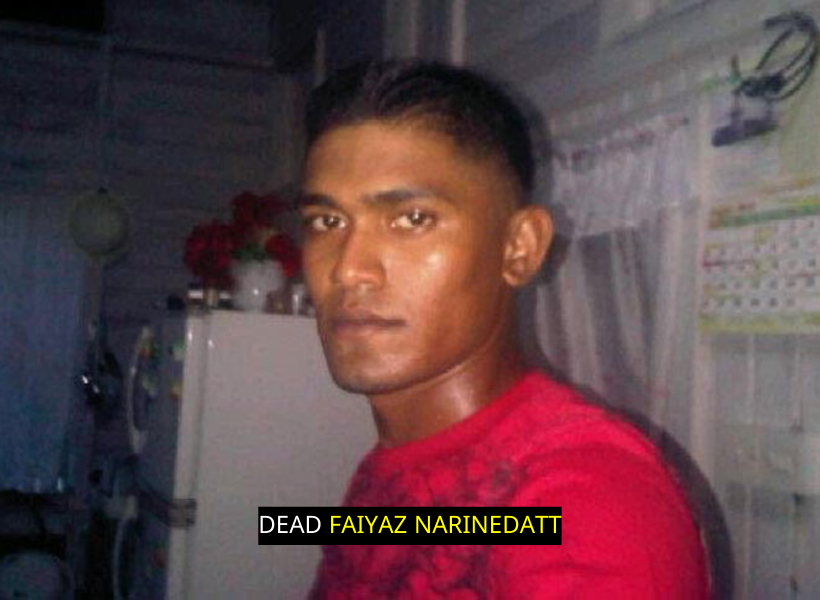
Nandlall, in explaining the ruling, said the CCJ found that the Office of the DPP – a non-judicial organ – ordering the judiciary or a component of the branch, transgresses the doctrine of separation of powers because “only an organ of the judiciary can direct another organ of the judiciary because the judiciary as a whole is independent”.
The AG hastened to add that the DPP’s power to make such an order has existed in Guyana’s laws for decades. In fact, it was inherited from the British.
Nandlall said that the CCJ’s ruling now prompts the government to transfer that power from the DPP to a High Court Judge.
He said after that is achieved, the DPP can go before a judge and make an argument for a case, and only if that Judge finds the DPP’s arguments to be meritorious will he/she grant such actions.







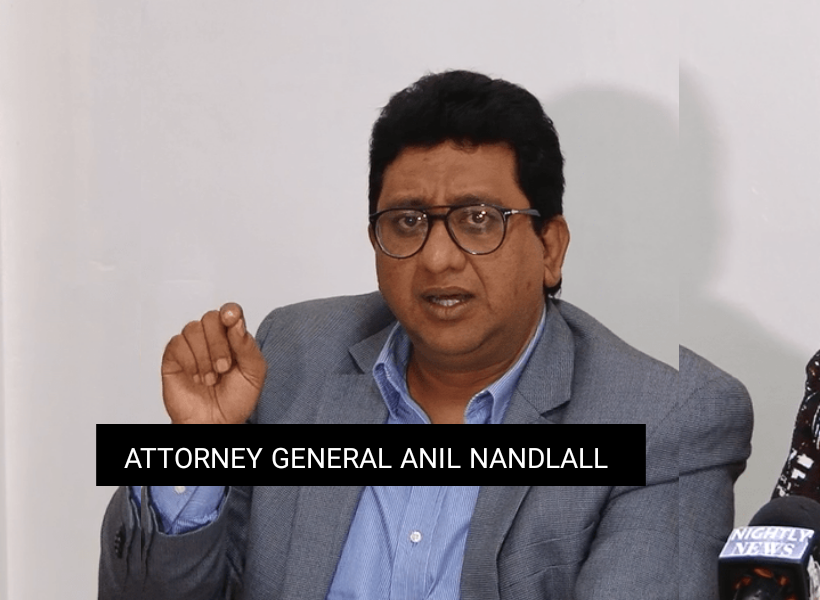






I think Shalimar Ali-Hack was too enthusiastic to show show she was not “racist” in persecuting Marcus Bisram. It was persecution, plain and simple. If Marcus Bisram was a black, she would have shut her mouth.
Why can’t Indians stand up for justice in Guyana?? Well, I answer my own question when there are arse-likkers like Ramjattan.